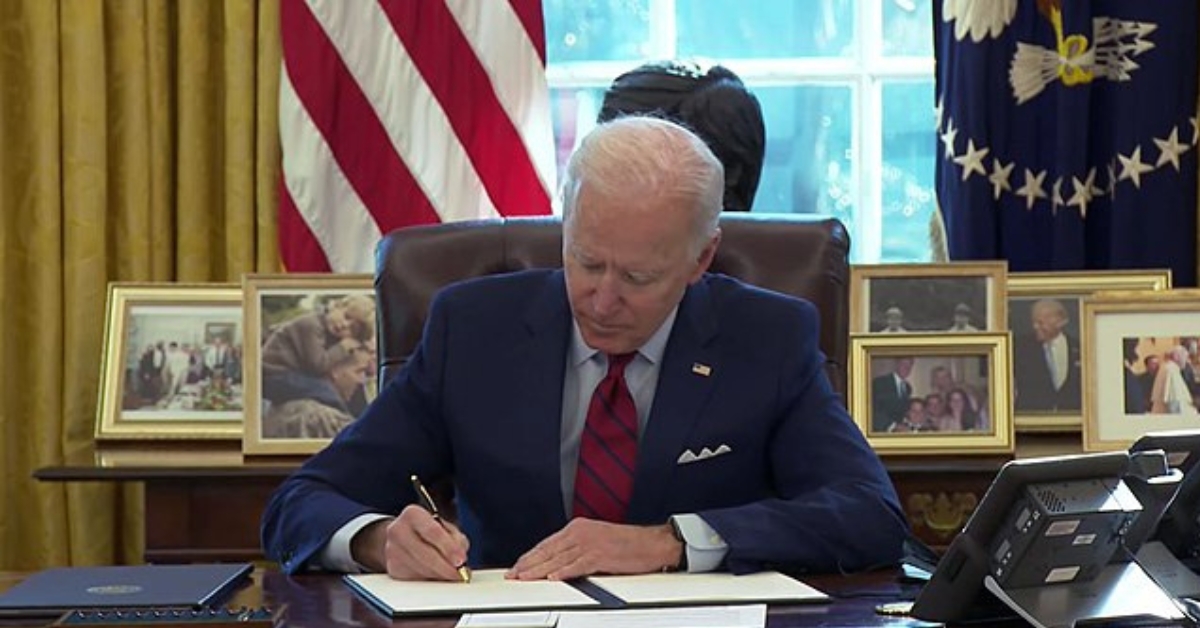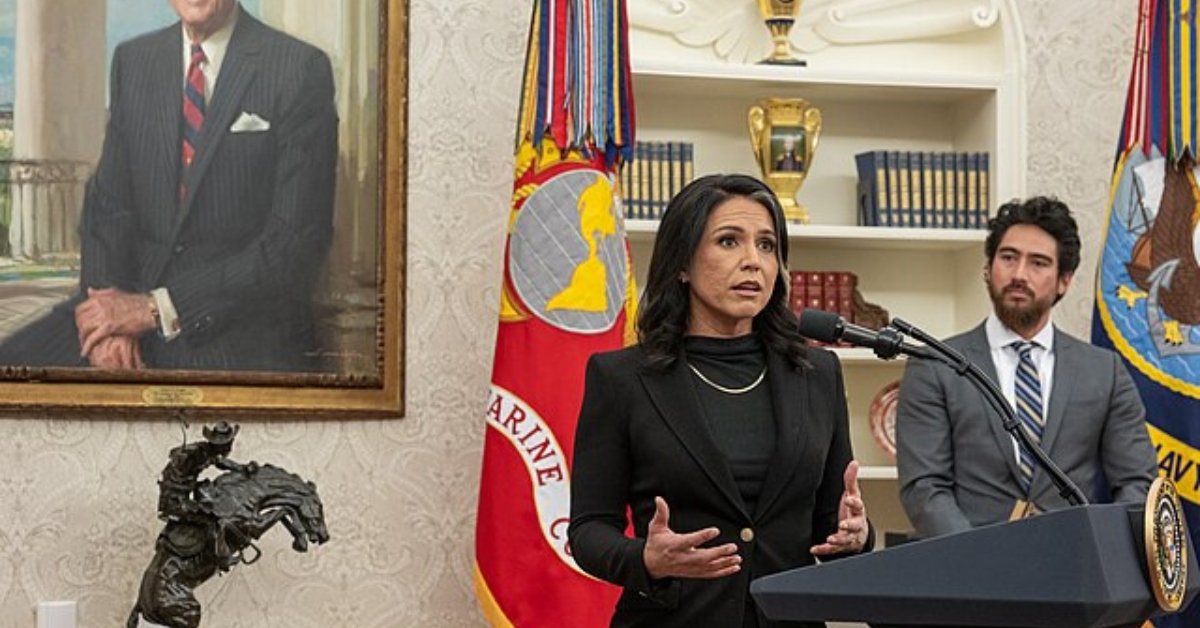
The Supreme Court Conservative Revolution: A Constitutional Reckoning
As we commemorate Constitution Day on September 17, it’s impossible to ignore the seismic shifts occurring within the highest echelons of American jurisprudence. The recent rulings of the U.S. Supreme Court signal a profound transformation—a “constitutional revolution,” if you will—reshaping the legal landscape in ways that many conservatives find promising and progressives deeply unsettling.
The Court’s evolution is particularly evident in its handling of critical issues over the past couple of years. Let’s delve into these key areas where conservative principles have taken center stage.
- Abortion: Perhaps the most consequential of these shifts has been in the realm of abortion. The Court has made strides to reevaluate the constitutional underpinnings of abortion rights, upending decades of legal precedents. By challenging the recognition of an unbridled right to abortion, the justices have ignited a fervent debate over the extent of those rights and the states’ authority to regulate them. For conservatives, this signifies a return to a more restrained and states-centered approach.
- Gun Rights: The Court’s newfound commitment to protecting the Second Amendment is another noteworthy development. These rulings reaffirm the right to bear arms as an essential constitutional safeguard. The majority’s decisions in favor of expanding gun rights are seen by conservatives as a necessary counterbalance to the encroachment of the federal government on individual liberties.
- Religious Freedom: The Court has been increasingly assertive in safeguarding religious freedom, underscoring its vital role in American society. Cases like 303 Creative v. Elenis highlight the importance of protecting the rights of religious individuals and organizations from government overreach. This trend aligns with conservative values, emphasizing individual liberty and limited government intrusion.
- Administrative State: Conservatives have long been concerned about the unchecked power of federal agencies. The Court’s application of the “major questions doctrine” reinforces the principle that elected representatives should make significant policy decisions, not unelected bureaucrats. This doctrine seeks to restore the balance of power envisioned by the framers of the Constitution, ensuring that the people’s voices are heard through their elected representatives.
- Race: In the context of race, the Supreme Court has taken steps to ensure equal protection under the law, as envisioned in the Fourteenth Amendment. While previous affirmative action cases have often been divisive, recent rulings have clarified the constitutional limits of using racial preferences. Conservatives argue that these rulings reinforce the principle that race should not be a determining factor in university admissions or any other government action.
This constitutional revolution is a testament to the enduring nature of the Constitution itself—a document designed to adapt to the changing needs of society while preserving core principles. While these shifts have been met with resistance from progressives, they resonate with many conservatives who view them as a return to the original intent of the Constitution and a reassertion of the principles that underpin American governance.
As we reflect on Constitution Day, it’s important to recognize that these changes are not merely legal maneuvers; they represent a profound reexamination of the fundamental principles that shape our nation. The Supreme Court conservative revolution is far from over, and its implications will continue to reverberate through the legal landscape, offering both challenges and opportunities as the nation navigates its constitutional course.














